NEWS - Someone who changed the EU
43 years ago today: Gaston Thorn becomes EU Commission President
.JPG)
Photo: Rob Croes (CC BY-SA 3.0)
During his term, there was a major change of direction in the EU – which also had major implications for Luxembourg.
Gaston Thorn was appointed Commission President 43 years ago today. What was then called the „European Community“ is the predecessor of today’s EU. Gaston Thorn is remembered more as a weak president, who mainly had to deal with crises and the separation of Britain under Margaret Thatcher and under whom preparations were made for Portugal and Spain to join the Community. His actions are overshadowed by his successor Jacques Delors, who is considered the most important figure in European integration. Nevertheless, it can be said that important directional decisions were made under Gaston Thorn.

Gaston Thorn’s Commission. © CVCE
The so-called „Green Book“, i.e. a strategy paper and precursor to an EU directive, entitled „Télévision sans Frontieres“ (TSF) was and is referred to as the „flagship of the internal market“, a major project to build a common market for Europeans. This had been in mind for some time, with the idea of establishing the free circulation of people, goods, capital and services.
In the context of new technical possibilities (cable and satellite), the then extremely weak, but the only democratically elected European Parliament, voted for a visionary initiative: the creation of a European television. The idea was to bring the population of Europe together with such a common project – one could imagine it as a kind of European public television. However, the Parliament’s initiative was largely ignored by the Thorn Commission, and was used as a kind of facade to implement the real plans of Gaston Thorn and his ally: the commercialization of the media. An important researcher of European media history, Sophia Kaitatzi-Whitlock, speaks of a „hidden agenda“ and places Gaston Thorn, who at the time was said to have had the interests of the Luxembourg media group CLT (RTL) in mind as Commission President, on a par with „Martin Bangeman, Silvio Berlusconi, Rupert Murdoch and his ally Margaret Thatcher, Kirch and Bertelsmann and their powerful ally Helmut Kohl“ (2005, p.74).
Thorn’s TSF Green Book ultimately led to the fact that the population in Europe is not considered citizens, but rather consumers and objects of sale. It paved the way for large, advertising-financed corporations to seize control of the media market and put public television in danger. Researcher Kaitatzi-Whitlock goes so far as to argue that this project has entrenched the fundamental problem of the EU, that the Union is more concerned with the interests of corporations than of citizens, distancing the population from European politics and thus ultimately making political integration in Europe impossible.
Many of the problems facing the media and Europe today can be traced back to fundamental decisions made decades ago - and also to Gaston Thorn.

















